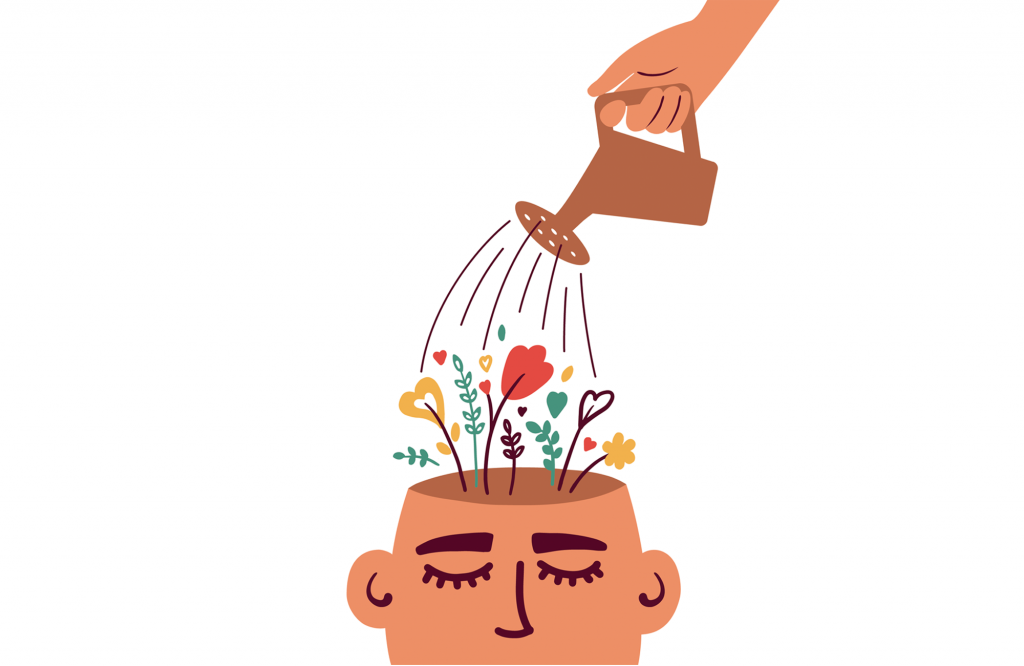
What is Social Anthropology?
How do we know we belong?
How do people know they belong to a culture, a group, a community? Have you ever wondered why people do what they do? Why do people behave differently even when they have come from the same society or culture? Or why are some people religious when their neighbour is atheist? Why are some people vegan whilst their friends eat meat? If you ever wonder questions about why people do what they do, social anthropology is for you.
Social anthropology explores how people’s interactions with the worlds around them produce meaning (we might call this ‘culture’) for people, and how those meaningful interactions allow people know how to interact with the worlds around them. Understanding why people do what they do, and the differences between what people do and what people say, are fundamental questions anthropologists seek to understand. In anthropology, the people we learn about lead our inquiries and by doing this we can access invaluable insights into individual experiences, shared situations, and understand their everyday lives and circumstances from their point of view.
Anthropologists study the symbolic and meaningful aspects of human behaviour. As many people across all backgrounds, regions, religions, nationalities, genders, and social classes often engage in actions with deep symbolic meanings whether this is through language, art or rituals, understanding the symbolic dimensions of behaviour and social relations can provide invaluable insight into underlying motivations for human activity.
One question I often ask myself is why I was privileged to be born in the Global North, with access to education when there 129 million girls around the world are out of school. It’s one question I can’t find a justified answer to but leads me into further research to understand diverse social structures in every single region, complex cultural norms and unique individual experiences.
Many other anthropologists investigate social, political, and economic change over time, and the responses and resilience of humans to those changes, as they address, resist, transcend and/or cope with inequalities, injustices and other issues and challenges that are out of their hands. For instance, in anthropology we explore how different cultures and societies respond to environmental crises and changes.
One-size fits all approaches in anthropology do not exist. The study is led by the people we learn about. We follow their stories to find the answers we never expected to find.
Interested in finding out more? Check out:
- Ferrarini, L. (Photographer), & Polk, P. A. (Curator). (2022). Dressed in Power: Spiritual Armor in West Africa. Exhibition
- Dobroski, S., & Roe, L. (2020). Pedagogy in a pandemic: emplaced learning. American Ethnologist. Collections.
- Ulturgasheva, O. (2023). Gender in Decolonial Indigenous Perspective. In C. McCallum, S. Posocco, & M. Fotta (Eds.), The Cambridge Handbook of the Anthropology of Gender and Sexuality (pp. 370-394). Cambridge University Press.
- Young, A., Ferrarini, L., Irving, A., Storbeck, C., Swannack, R., Tomkins, A., & Wilson, S. (2020). ‘The world is full of magic things, patiently waiting for our senses to grow sharper’ (WB Yeats): Enhancing resilience among deaf young people in South Africa through photography and filmmaking. Medical Humanities, 45(4), 416-427. https://doi.org/10.1136/medhum-2019-011661
How do people organise themselves in societies?
This really depends on what society we are talking about, where this society is geographically, its history, political system, cultural norms, and who comprises that society.
Anthropology explores these variations and aims to understand how different societies are structured and organised. It is important to understand that societies are not fixed and change over time and as they change over time, so do people.
For example, India’s society is complex and unique in that the caste system has defines the characteristics of Indian society for thousands of years and persists today. Though, because of colonial occupation, Indian society endured economic exploitation, political disadvantage, poverty, cultural upheaval because of unequal exchanges, external integration and internal disarticulation, wealth drain and foreign political dominance.
Societies with political organisation tend to have various political structures which can look like chiefdoms and tribal councils to nation-states and democracies, dictatorships, and anarchy. In this type of society, anthropologists research the organisation of political systems, leadership roles and the distribution or decision-making power and authority.
Once again, there are no one-sized fits all answers with anthropology. Anthropologists are led by the people to uncover the questions we have about the human-societies and culture.
Interested in finding out more? Check out:
- Smith, K. (2021). A mother’s hope in the midst of existential immobility from state and stigma. Focaal, Journal of Global and Historical Anthropology, 2021(90), 36-46. Article 4. https://doi.org/10.3167/fcl.2021.900104
- Sinanan, J., Horst, H., & Kant, R. (2022). Infrastructuring in the Global South: Ethnographic perspectives on tourism, media and development. In The SAGE Handbook of the Digital Media Economy
- Evans, G. (2020). Brexit is the Graveyard of Post-Industrial Britain: Ethnography as Eulogy for East-London and England. Ethnologie Française, 50(3), 559-573. https://doi.org/10.3917/ethn.203.0559
- Venkatesan, S. (2021). The wedding of two trees: Connections, equivalences and subjunctivity in a Tamil ritual. Journal of the Royal Anthropological Institute, 27(3), 478-495. https://doi.org/10.1111/1467-9655.13550






0 Comments